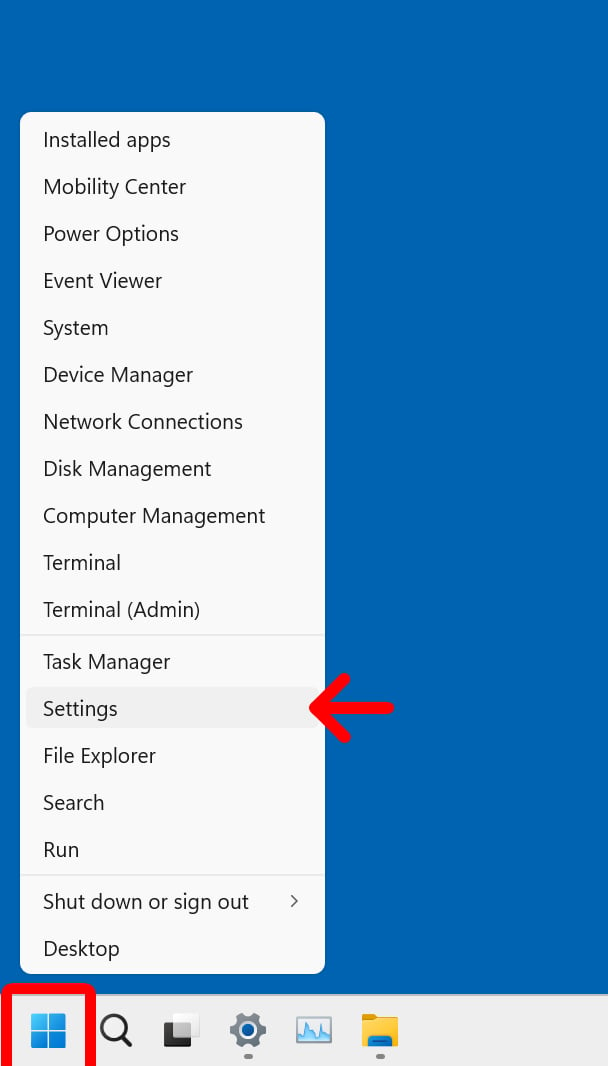In order to get the latest security patches and new features on your Windows 11 PC, you’ll need to update occasionally. Microsoft releases “feature” updates once or twice a year. However, Microsoft also releases monthly “quality” updates, which include the latest security patches, feature improvements, and more. So, it’s a good idea to update Windows at least once a month to keep your computer safe from threats. Here’s everything you need to know about how to update your Windows 11 PC, and what to do if it won’t update.
To find out which version of Windows you are running, check out our step-by-step guide on how to check your specs on Windows 11 PC.
To update a Windows 11 PC, right-click the Windows logo at the bottom of your screen and select Settings. Then go to Windows Update and select Check for Updates. If an update is available, click Download & install and then Restart your computer when prompted.


If you want to be the first to try out new features, you can click the slider next to “Get the latest updates as soon as they’re available.” This will put you first in line for non-security updates, fixes, feature updates, and improvements, as long as you are running Windows 11 version 22H2 or later.
You can also scroll down to Advanced Options to choose when you want your Windows PC to automatically install updates, so your computer doesn’t slow down while you are working on it. Then you can choose Manually to enter your own custom schedule.
Finally, you can scroll down to Additional options and select Optional updates to find driver updates for connected devices and other hardware updates.
If all else fails, you can always contact HelloTech and get support from a real person. We have thousands of technicians across the country who can come to your door as soon as today to help repair your computer and get it running like new.
Learn how to take a screenshot on an iPhone X, and any other model of… Read More
Learn how to forget a WiFi network on your Mac, so your computer won’t automatically… Read More
Learn how to set up a guest WiFi network for the next time you have… Read More
Whether you want to record a video you found online or you need to show… Read More
With a Windows 10 PC, you can easily fill your entire screen with two different… Read More
Learn how to connect your smart plug to Alexa. Also, what a smart plug is… Read More
This website uses cookies.